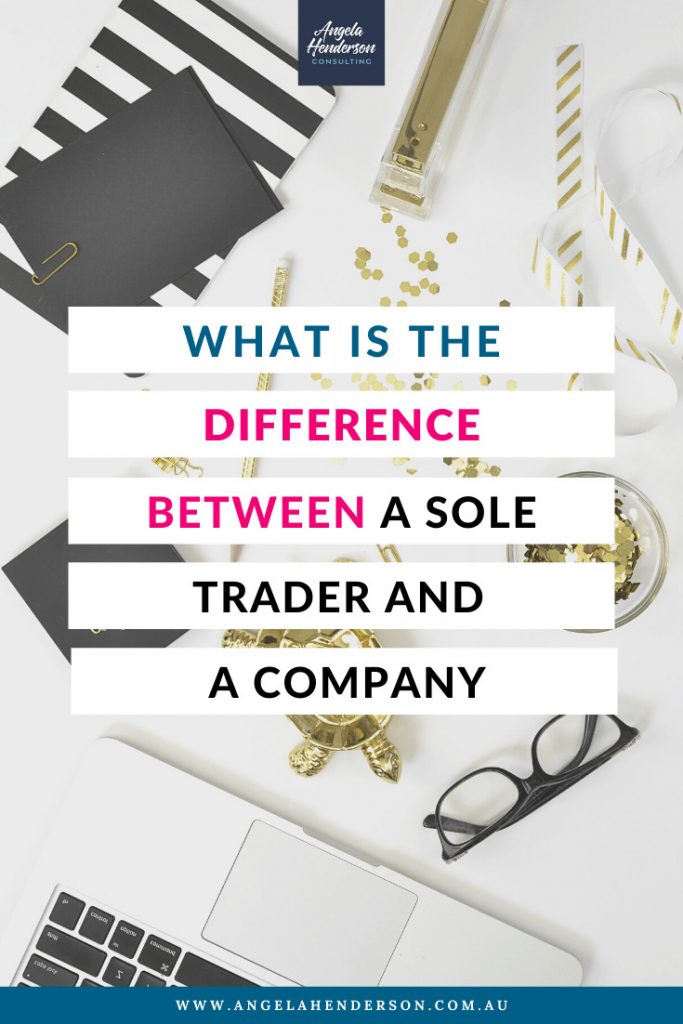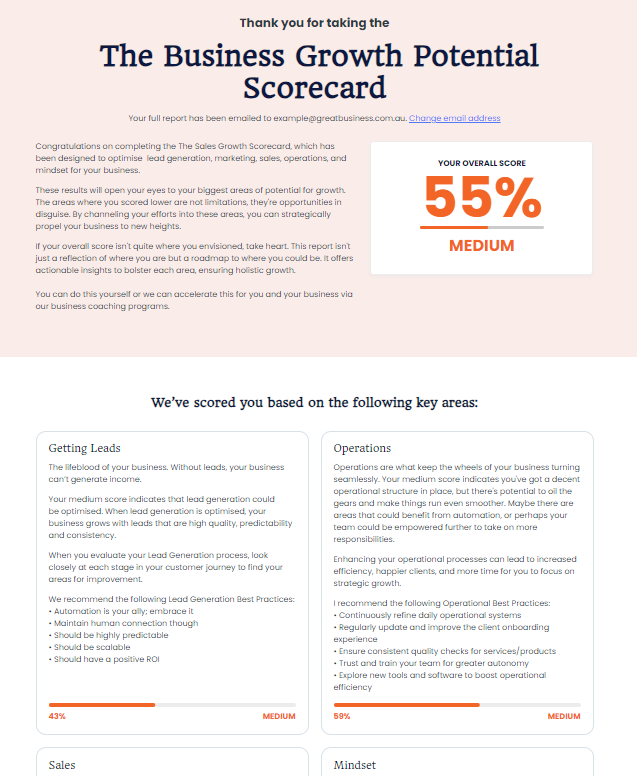
Are you considering starting a business, but have no idea whether you should register as a company or operate as a sole trader?
First thing’s first, it’s important to know the difference between a sole trader and a company. Sole traders have one Tax File Number (TFN) and one Australian Business Number (ABN) that they share between themselves and their business. A company has its own TFN and ABN, separate from you as an individual.
So what does this mean for you and your business, and what are the positives and negatives to each?
Should You Operate As A Sole Trader Or A Company?
Liability
One of the biggest differences between a sole trader and a company is liability. As a sole trader, you and your business are essentially one and the same. This means that if your business owes money or gets sued, you are personally liable. For companies, you are not personally liable. This means that if your company is sued or suffers a loss, your personal assets generally won’t be touched in most instances.
Tax
Another difference between sole traders and companies is tax. As a sole trader, your business income is reported in your individual tax return. If you own a company, you will need to do two sets of tax returns come tax time. Another thing to note is that there is no tax-free threshold for companies.
Set-Up
The set up for a sole trader is extremely easy, and sometimes completely free. All you need to get started is an ABN. Optionally you can register for a business name and set up separate bank accounts, but these steps aren’t compulsory. A company, on the other hand, is more difficult to start. You would need to reserve a company name, register that name, register as a company, and you must set up a separate bank account, all of which costs money.
Credibility
Credibility can play a large factor when considering whether to operate as a company or sole trader. Sole traders are commonly taken less serious than full-fledged companies. This is because having gone through the process of setting up a company shows commitment, that you are serious about your business, and that your company will likely stick around. A sole trader and company could be running identical businesses, but more often than not the company will be considered more credible.
Which Is Right For You?
Knowing whether you should remain a sole trader or become a company completely depends on your current circumstances and your future goals. If you are just starting out and earn under the taxable income, remaining a sole trader could save you money as you grow your business. When your business becomes more established and you are worried about personal liability, it might be time to make the switch.
Interested in taking the next step in your business? You may be interested in my blog article Should I Register For GST As A Small Business Owner.
Have any questions you want to be answered? Ask them in my Facebook group, the Australian Business Collaborative.
Have an awesome day,
Angela









